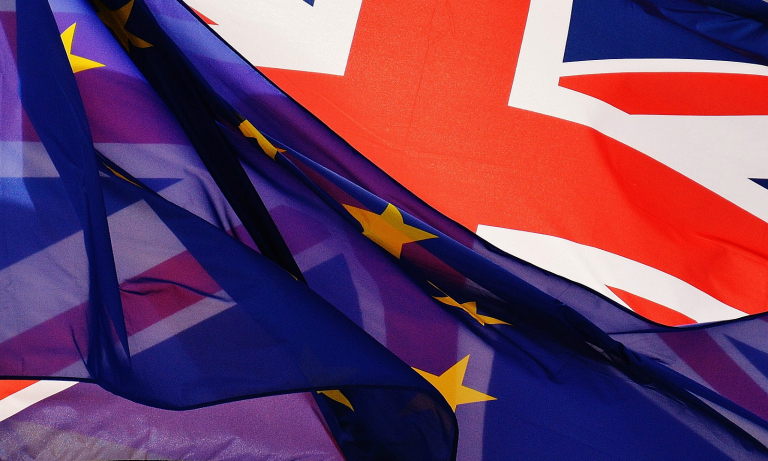 Both the employment rate and salaries have increased in the first quarter of 2016
Both the employment rate and salaries have increased in the first quarter of 2016The unemployment rate dropped to 5 per cent in the first quarter of this year, the lowest reading since 2005.
Unemployment in the UK has fallen to its lowest level in eleven years despite fears that uncertainty prior to the EU referendum might affect the jobs market.
Economists were surprised at the figures as they anticipated that the rate of unemployment would remain the same or even increase slightly prior to the referendum. The fall came as a surprise to economists who had anticipated that the jobless rate would hold steady or increase slightly in the run-up to the referendum.
Employee’s earnings also saw a positive increase by rising by 2.3 per cent compared with last year, excluding bonuses.
The Office for National Statistics said that 23.1 million people were working full-time, which is 304,000 more than a year earlier. The number of part-time workers rose 157,000 to 8.5 million.
“The uncertainty affecting the stock market is not apparent in the latest unemployment numbers, with British firms maintaining employment growth and continuing to shift staff from part-time to full-time work until April,” said Michael Martins, economist at the Institute of Directors.
“Companies are hoarding labour in the same way that they did in the aftermath of the financial crisis. Rather than lay off valuable staff unnecessarily, they seem to be trying to keep calm until we get the result of the referendum on the 24th,” he added.
“Today’s [June 15] data will go some way to allay fears that businesses have been delaying decisions about hiring and investment until after the EU vote. Sterling strengthened after the data was released, though any gains may be tempered by continued fears the UK could vote to leave the EU next week,” said Bren Brettel, senior economist at Hargreaves Lansdown.
George Osborne, campaigning for the UK to remain in Europe, tweeted saying, “At 5 per cent, unemployment at its lowest rate for eleven years — let’s not put that at risk by irreversible decision to quit EU.”
The Treasury has previously warned that a vote for the UK to leave the EU would lead to two quarters of negative growth – would last for a year and leave the level of UK GDP 3.6 per cent lower in two years’ time.
The Leave campaign dismissed the warnings as scaremongering.
Join Over 40,000 Recruiters. Get our latest articles weekly, all FREE – SEND ME ARTICLES
Recruiters love this COMPLETE set of Accredited Recruitment & HR Training – View Training Brochure








